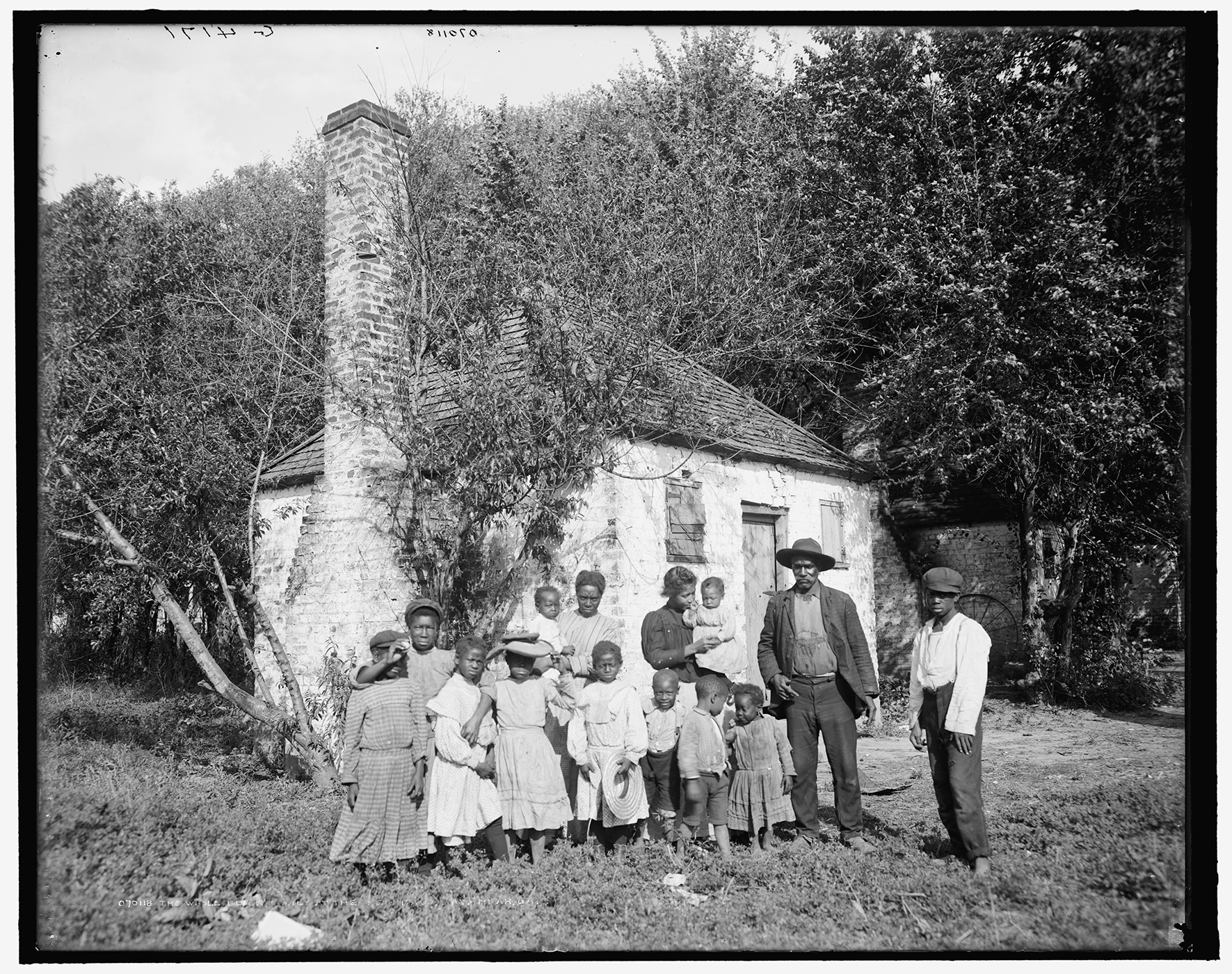Education can take on many forms: virtual tours, workshops, presentations, publications, doing interviews, and even my website. When I participate in any activity involving my project I do so with the goals to set new standards and shape future scholarship. As my mission statement states “I hope to change the way we think, talk, research, document, interpret, preserve, restore, teach about, and learn from slave houses.”


One of my favorite educational tools that I use to educate others about slave houses and the people who lived in them are ‘unique finds.’ On rare, but extremely fortunate occasions, property owners share artifacts that they have kept from enslaved peoples. During my fieldwork over the years I discovered priceless artifacts of slavery that had been sitting dormant.
One group of artifacts comes from Mt. Zion in Warren County, Virginia. This site has a surviving Kitchen-Quarter and Slave House that is now a garage.

Discovered in the attic at this site were Slave Bill of Sales. One for a “negro girl,” one named Cha[r]lotte for an unknown price and another for an unnamed man for $650.
All the bills of sale were fragmented and soiled with dust, mold and water stains. I worked with a paper conservator at Colonial Williamsburg Foundation to clean and piece together the bill of sales.

